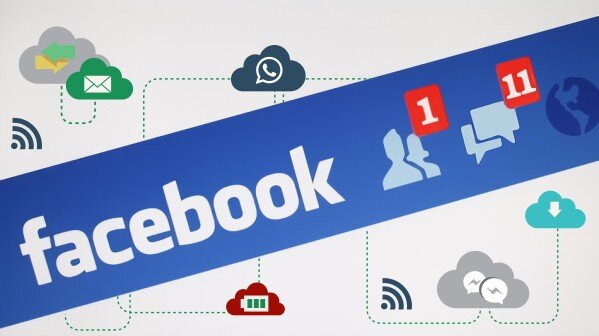Messaging is a platform.

We’re used to messaging. All of us. SMS has been around for ages. And it feels like iMessage, WhatsApp and Facebook messenger were here in the last few decades as well – they are so ingrained in how so many of us behave that we fail to even acknowledge how new they are.
For those of us who have VoIP in their veins – who learned, worked and breathed VoIP in the beginning of the second millennium, messaging is just an extension of VoIP. A buddy list, with the ability to send a message to a buddy.
Some even believe you can charge for messages (RCS – I am looking at you).
The truth of the matter is, that today, messaging is free. It is an expected “utility”, where money is made elsewhere. Facebook spent countless of billions to own WhatsApp – a messaging service with boatloads of users and little by way of features and bells and whistles. Oh – and in most cases and places, WhatsApp never charge its users for the system, and now, it probably never will.
Facebook released earlier this month their “vision” for Messenger in 2016, and Josh Constine did a nice review of it on TechCrunch.
For me, these are the things that are important from these two posts:
- That whole phone number replacement thing
- Is irrelevant in many cases
- It might work. It might not
- But that’s not where the action or money is anyway
- The future is in messaging services that may acknowledge the phone number but don’t rely on it alone
- The business model is in the business
- Messaging services doesn’t rely on consumers to pay. They rely on having a huge active subscribers base – attracting businesses to pay for the opportunity to interact with the users. Facebook is headed there. WhatsApp announced going there. WeChat is already there
- This means having an API, a market place/discoverability, good integration points
- B2C conversations
- Should you build a website for your company? A smartphone app?
- Maybe it needs to be embedded into the messaging services your customers are using instead?
- And if it is, will it be as brand pages, or just direct messaging to users?
- For the most part, messaging platforms will end up connecting people not only to other people, but to businesses and maybe even devices (for those of us in love with IOT concepts)
- Artificial intelligence and messaging bots
- Everyone is headed there in the past couple of months for some reason
- Most don’t know what it means
- I can’t say I grok it to the level I wish that I did
- For me, this is about bringing a Siri/Cortana/Google Now like experience into the messaging platform
- Delighting users
- Focusing only on the job-to-be-done of the platform isn’t enough
- Rationalizing a great UX and putting a polished design isn’t enough
- Users need to enjoy the service – it is about experiences for them – even in a work environment
- Here’s how Slack does it – which is a lot more telling than the Facebook examples
Messaging is a lot more than messaging and signaling protocols these days. It is less about the underlying network technology and more about business aspects and usability. It takes away a lot of the power and ego out of the VoIP guys. Just like that, they don’t really know what should be in their core competency. I come from this VoIP background, and I need to struggle with it daily.
What are your messaging plans for 2016?
